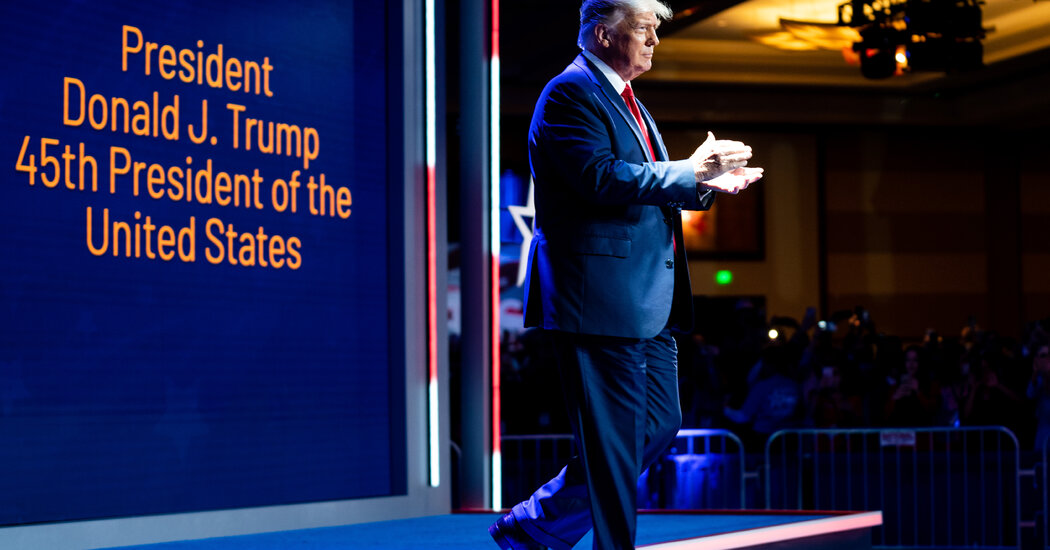

One of the lawyers, Jesse R. Binnall, offered to do another round of written briefing to flesh out additional issues.
Another lawyer for Mr. Trump, Justin R. Clark, argued that even if the court decided the subpoena met legal standards and that Mr. Biden’s waiver of executive privilege outweighed Mr. Trump’s invocation of it — both of which they contested — the judges would then need to examine the “individual documents in question” before making any ruling.
“Under what authority?” Judge Patricia Millett asked. She and Judge Ketanji Brown Jackson pointed out to Mr. Clark that the court record did not have any filing from the Trump legal team putting forward specific claims that particular files raised special concerns, beyond the general interest in presidential confidentiality.
“Your honor, it’s not there yet,” Mr. Clark said.
The judges appeared to agree that language in a 1977 ruling involving Richard M. Nixon’s White House papers meant that when a current president and a former president disagree about invoking executive privilege, the current president’s views “get extra points on the scoreboard,” as Judge Millett put it.
Understand the Claim of Executive Privilege in the Jan. 6. Inquiry
A key issue yet untested. Donald Trump’s power as former president to keep information from his White House secret has become a central issue in the House’s investigation of the Jan. 6 Capitol riot. Amid an attempt by Mr. Trump to keep personal records secret and the indictment of Stephen K. Bannon for contempt of Congress, here’s a breakdown of executive privilege:
But Congress, in the Presidential Records Act, gave former presidents a right to file a lawsuit in such a situation — suggesting that the incumbent president’s view should not necessarily always prevail. Judge Robert L. Wilkins in particular resisted arguments by Mr. Letter and a Justice Department lawyer, Brian Boynton, that there was no need for courts to weigh balancing interests in a case where the current president had waived the privilege.
The judges also worked through a series of hypotheticals trying to probe what the general rule or principle should be in assessing any such case that might arise, including a scenario in which a newly elected president declares that it is in the national interest to dump out all of the predecessor’s files as a matter of vengeance.
Mr. Letter, the congressional lawyer, said that an ex-president would have greater secrecy powers when it came to blocking disclosure directly to the public of an administration’s archives, but that Congress was different. He also suggested that the hypothetical scenarios the judges were exploring were unrealistic, saying they could raise the larger question of whether a president was insane and should be removed from office under the 25th Amendment.
